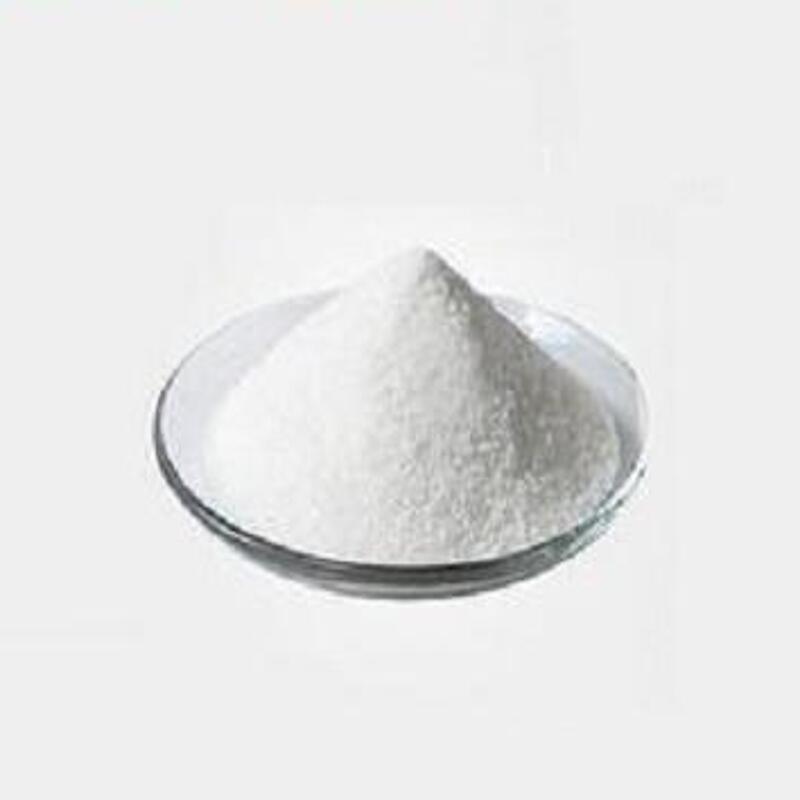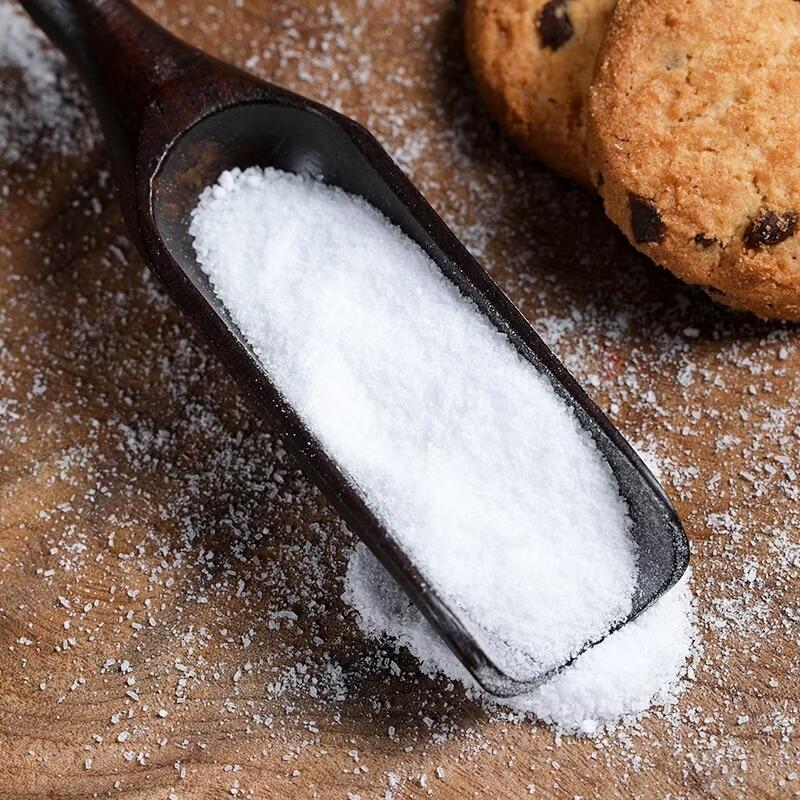-
Categories
-
Pharmaceutical Intermediates
-
Active Pharmaceutical Ingredients
-
Food Additives
- Industrial Coatings
- Agrochemicals
- Dyes and Pigments
- Surfactant
- Flavors and Fragrances
- Chemical Reagents
- Catalyst and Auxiliary
- Natural Products
- Inorganic Chemistry
-
Organic Chemistry
-
Biochemical Engineering
- Analytical Chemistry
-
Cosmetic Ingredient
- Water Treatment Chemical
-
Pharmaceutical Intermediates
Promotion
ECHEMI Mall
Wholesale
Weekly Price
Exhibition
News
-
Trade Service
Original title: Special sampling results of bayberry, mulberry, sodium cyclamate, sodium saccharin and sucralose announced
"May is as red as fire, just in time to pick mulberries
Recently, just as high-quality bayberry and mulberry were on the market, the Hangzhou Municipal Market Supervision Bureau carried out a special sampling inspection on fresh fruits such as bayberry and mulberry in the circulation link.
According to the data disclosed by the Market Supervision Bureau, the test detected 6 batches of bayberry using sweeteners from 10 batches of mulberries and 20 batches of bayberry, a total of 30 batches of fresh fruits, of which 3 batches detected sweetness 2 batches of sodium saccharin were detected, and 1 batch of sucralose was detected.
The sodium cyclamate, sodium saccharin and sucralose detected above are commonly referred to as sweeteners and are safe food additives approved by the state
However, the "National Food Safety Standard for the Use of Food Additives" (GB 2760-2014) stipulates that food classification and the types of food additives allowed to be used are clear, bayberry and mulberry are fresh fruits, and sodium cyclamate, sodium saccharin, sucralose, etc.
Most of the factors that exceed the standard detected above are mostly due to the fact that merchants may use food additives beyond the range by soaking and other methods in order to improve the sweetness of the fruit and thus promote sales
However, it should also be noted that long-term consumption of excessive sweeteners can endanger human health
(Data source: Hangzhou Market Supervision Bureau)
Editor:







